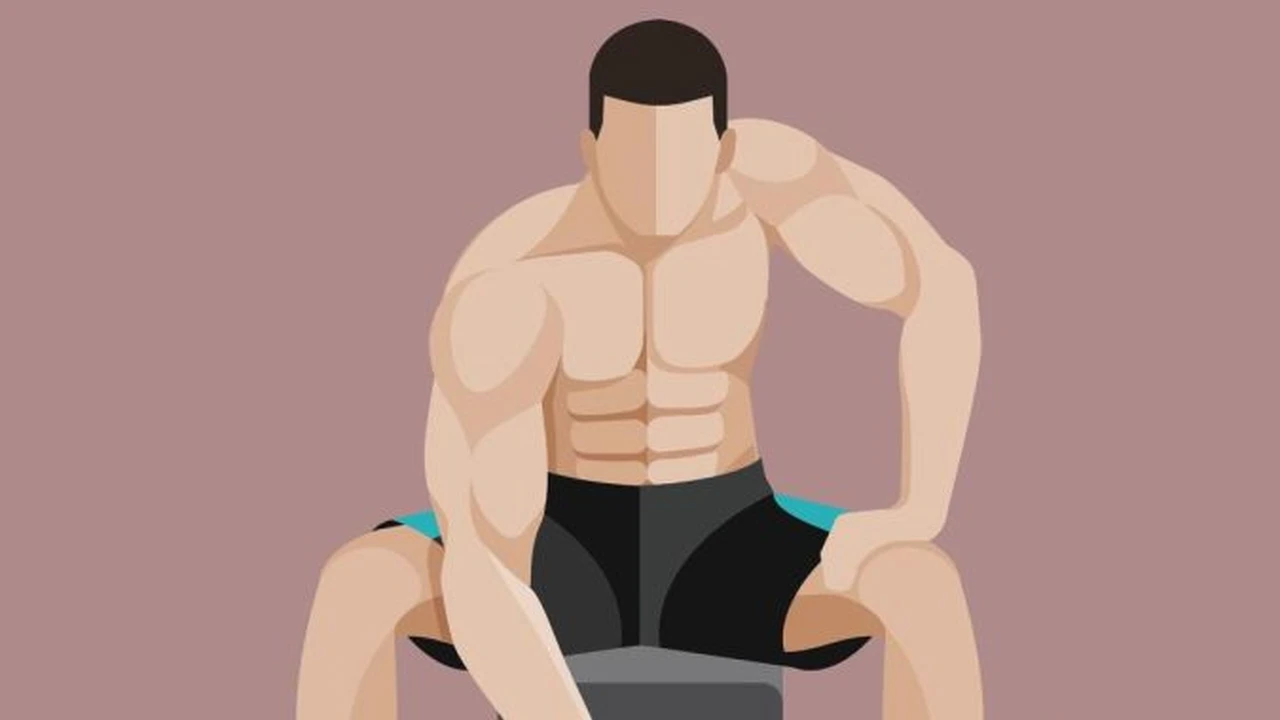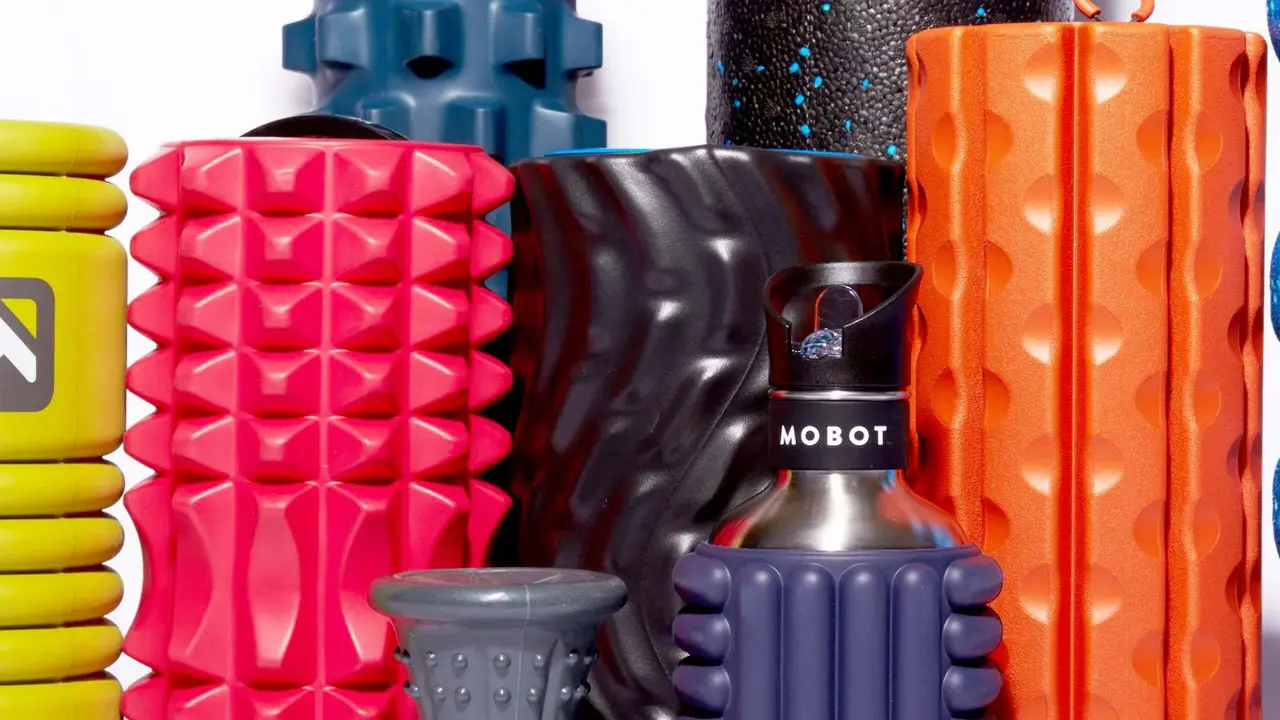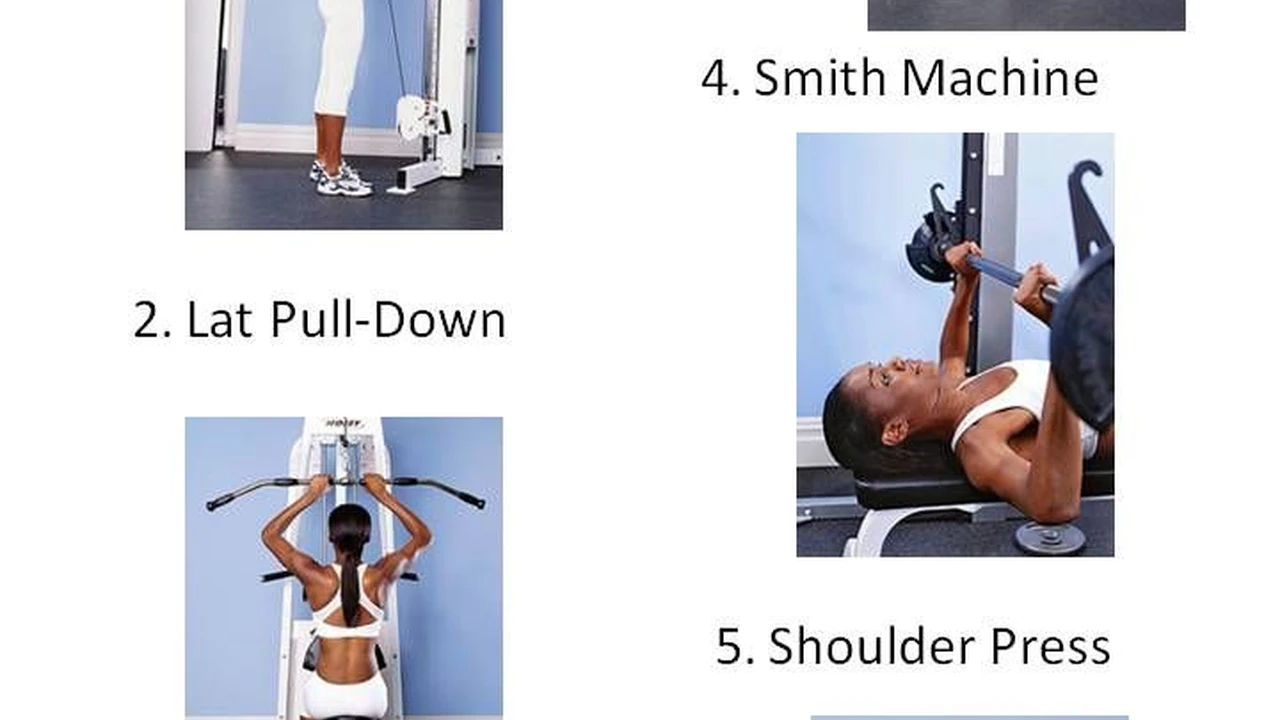The Importance of Rest and Recovery
Rest and recovery are often overlooked aspects of intermediate gym training, yet they are crucial for muscle growth, preventing injuries, and maintaining overall well-being. This article delves into the significance of rest and recovery, providing practical tips, product recommendations, and a detailed understanding of how to optimize your recovery strategies for maximum gains. We'll explore active recovery, nutrition, sleep, and even specific products that can enhance your recovery process.

Understanding the Role of Rest and Recovery in Intermediate Gym Training
So, you're hitting the gym hard, pushing your limits, and chasing those gains. That's awesome! But are you giving your body the time it needs to rebuild and recover? Rest and recovery aren't just about taking a day off; they're active processes that allow your muscles to repair themselves, your nervous system to recharge, and your body to adapt to the stresses of training. Think of it like this: you can't build a house without taking breaks to lay bricks, mix cement, and let things set. Similarly, you can't build muscle without adequate rest and recovery.
Active Recovery Techniques for Intermediate Gym Training
Active recovery involves low-intensity exercises that promote blood flow and help flush out metabolic waste products. It's not about lying on the couch all day. Instead, think light cardio like walking, swimming, or cycling. These activities help reduce muscle soreness and stiffness, allowing you to bounce back faster.
- Walking: A brisk 30-minute walk can work wonders.
- Swimming: The buoyancy of water is gentle on your joints.
- Cycling: A light spin on a stationary bike is a great option.
- Yoga/Stretching: Improves flexibility and reduces muscle tension.
The Crucial Role of Nutrition for Muscle Recovery and Growth
What you eat after a workout is just as important as the workout itself. Your body needs protein to repair muscle tissue and carbohydrates to replenish glycogen stores. Don't skimp on the essentials!
- Protein: Aim for 20-40 grams of protein within an hour after your workout. Whey protein, casein protein, or even a grilled chicken breast are excellent choices.
- Carbohydrates: Replenish glycogen stores with complex carbohydrates like brown rice, sweet potatoes, or quinoa. A simple sugar source, like fruit, can also be beneficial immediately post-workout.
- Healthy Fats: Don't forget healthy fats! They're essential for hormone production and overall health. Avocados, nuts, and olive oil are great sources.
- Hydration: Water is key! Dehydration can hinder recovery. Aim to drink plenty of water throughout the day, especially after a workout. Electrolyte drinks can also be helpful, especially after intense training sessions.
Prioritizing Sleep for Optimal Muscle Recovery and Performance Enhancement
Sleep is when your body does the majority of its repair work. Aim for 7-9 hours of quality sleep each night. Create a relaxing bedtime routine to help you wind down and fall asleep easier.
- Consistent Sleep Schedule: Go to bed and wake up around the same time each day, even on weekends.
- Dark and Quiet Environment: Make sure your bedroom is dark, quiet, and cool.
- Avoid Screen Time Before Bed: The blue light emitted from electronic devices can interfere with sleep.
- Relaxing Bedtime Routine: Read a book, take a warm bath, or listen to calming music before bed.
Supplementing Your Recovery: Products and Recommendations
While a balanced diet and adequate sleep are the foundation of recovery, certain supplements can provide an extra boost. Always consult with a healthcare professional before starting any new supplement regimen.
- Whey Protein: A fast-digesting protein source that's ideal for post-workout recovery.
- Optimum Nutrition Gold Standard 100% Whey: A popular and well-regarded whey protein powder. Available in a variety of flavors and mixes easily. Approximately $30-60 per container, depending on size. Use immediately post-workout to provide your muscles with the protein they need to rebuild.
- Transparent Labs 100% Grass-Fed Whey Protein Isolate: A higher-quality whey protein isolate that's sourced from grass-fed cows. More expensive but contains fewer additives. Approximately $59 per container. Best for those with lactose sensitivities or seeking a cleaner protein source.
- Comparison: Optimum Nutrition is a more budget-friendly option, while Transparent Labs offers a higher-quality, cleaner product. Both are effective for muscle recovery.
- Creatine Monohydrate: A well-researched supplement that can improve strength and power.
- Creapure Creatine Monohydrate: A high-quality, pure form of creatine monohydrate. Approximately $20-30 per container. Take 3-5 grams daily to help increase muscle strength and power output during workouts.
- BulkSupplements.com Creatine Monohydrate: A more affordable option that still provides the benefits of creatine. Approximately $15-25 per container. A good option for those on a budget.
- Comparison: Creapure is known for its purity, while BulkSupplements.com offers a more economical choice. Both are effective for increasing muscle creatine stores.
- BCAAs (Branched-Chain Amino Acids): Can help reduce muscle soreness and fatigue.
- XTEND Original BCAA Powder: A popular BCAA supplement that contains electrolytes for hydration. Available in a variety of flavors. Approximately $25-40 per container. Drink during or after workouts to help reduce muscle soreness and improve recovery.
- NutraBio Intra Blast: A more comprehensive intra-workout supplement that contains BCAAs, EAAs, and electrolytes. Approximately $40-50 per container. Provides a wider range of amino acids and electrolytes for enhanced recovery.
- Comparison: XTEND is a simpler BCAA supplement, while NutraBio Intra Blast offers a more complete formula with EAAs and electrolytes.
- Magnesium: Important for muscle function and sleep.
- Natural Vitality Calm Magnesium Powder: A magnesium citrate powder that can help promote relaxation and improve sleep. Approximately $20-30 per container. Take before bed to help relax muscles and improve sleep quality.
- Magnesium Glycinate Capsules: A more bioavailable form of magnesium that's gentle on the stomach. Approximately $15-25 per bottle. A good option for those who experience digestive issues with other forms of magnesium.
- Comparison: Magnesium citrate is often more effective for promoting relaxation, while magnesium glycinate is gentler on the stomach.
- Foam Roller: A self-massage tool that can help release muscle tension and improve flexibility.
- TriggerPoint GRID Foam Roller: A durable and versatile foam roller with a textured surface. Approximately $30-40. Use to massage tight muscles and release tension after workouts or on rest days.
- AmazonBasics High-Density Round Foam Roller: A more affordable option that still provides the benefits of foam rolling. Approximately $15-25. A good starting point for those new to foam rolling.
- Comparison: The TriggerPoint GRID Foam Roller offers a more targeted massage with its textured surface, while the AmazonBasics foam roller is a more budget-friendly option.
Listening to Your Body: Recognizing Signs of Overtraining
Knowing when to push yourself and when to back off is crucial. Ignoring the signs of overtraining can lead to injuries and burnout. Pay attention to your body and don't be afraid to take a rest day when needed.
- Persistent Muscle Soreness: Soreness that lasts for several days.
- Decreased Performance: Inability to lift as much weight or run as fast.
- Fatigue: Feeling tired and sluggish even after adequate sleep.
- Irritability: Increased moodiness and frustration.
- Sleep Disturbances: Difficulty falling asleep or staying asleep.
- Increased Susceptibility to Illness: Frequent colds or infections.
Creating a Personalized Recovery Plan for Intermediate Gym Training
Everyone's recovery needs are different. Experiment with different techniques and find what works best for you. Consider factors like your training intensity, training frequency, age, and individual recovery capacity.
- Track Your Progress: Keep a training log to monitor your performance and recovery.
- Listen to Your Body: Pay attention to how you feel and adjust your training accordingly.
- Be Consistent: Make rest and recovery a consistent part of your training routine.
- Seek Professional Advice: Consult with a personal trainer or healthcare professional for personalized guidance.
:max_bytes(150000):strip_icc()/277019-baked-pork-chops-with-cream-of-mushroom-soup-DDMFS-beauty-4x3-BG-7505-5762b731cf30447d9cbbbbbf387beafa.jpg)






